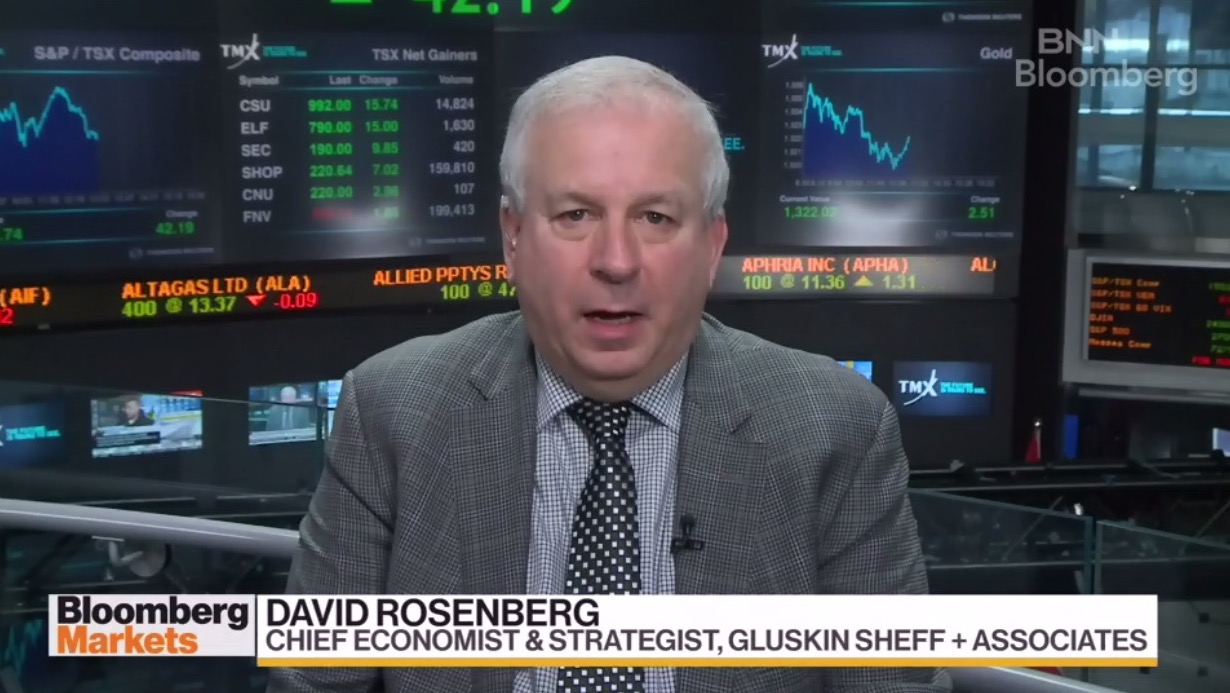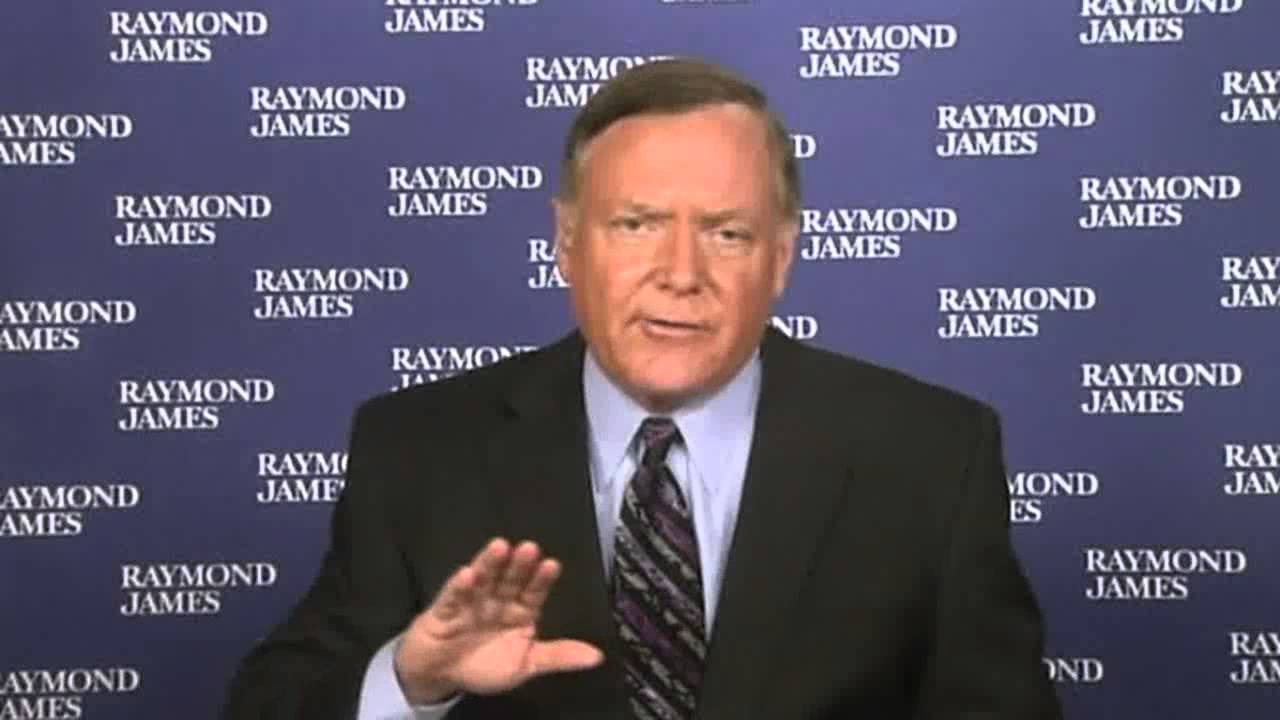David Rosenberg discusses the Fed's wild dovish turn with BNN, following Chair Powell's dovish about-face on rate hikes, and decision to leave rates unchanged last week.
"The Fed overtightened," says Rosenberg.
“I think that not just the December rate hike, but the September rate hike of last year were the overkills,” Gluskin Sheff + Associates Chief Economist and Strategist David Rosenberg told BNN Bloomberg Thursday.
Rosenberg said those hikes will be historically significant if the U.S. slides into a recession.
“I’ve been saying for a while, that when historians look back on this cycle – like they looked back at all the 10 recessions we’ve had in the post-World War II-period – which had the Fed’s thumbprints all over them, the answer is, ‘Yes, the Fed overtightened,’” he said.
“Everything that happens this year is going to basically represent the convalescence of all the Fed tightenings, including the balance sheet.”
Rosenberg said that its likely the Fed will remedy its actions, but that the results of its course correction will not be apparent until next year.
“The Fed is going to ease policy before you know it,” he said. “That’ll have its impact in 2020, but this year will be dominated by the lags … just as 2008 were the lags from ’06 and ’07 and 2001 were the lags from 1999 and 2000.”
“The lags are going to hit home and I think the Fed is realizing that right now.”
He also commented on that the bump in the value of the Loonie is temporary, as the Bank of Canada will have no choice but to act in tandem with the Fed's dovish moves.
Video © BNN Bloomberg













